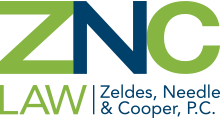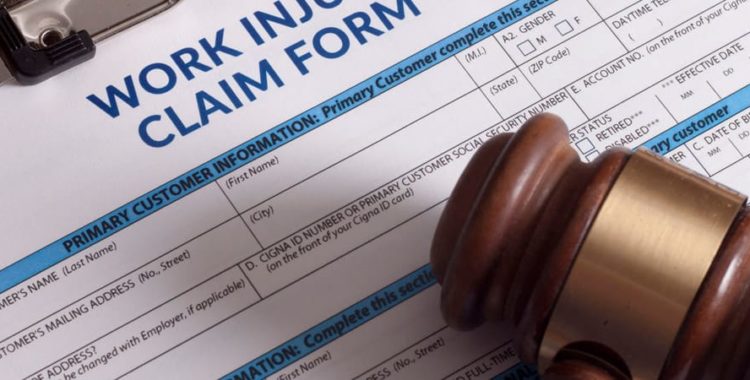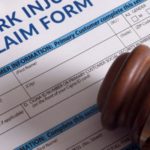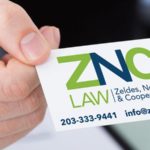Coronavirus Disease 2019 (COVID 19) and Connecticut Workers’ Compensation – Updated
Employees who contract Coronavirus Disease 2019 (COVID-19) on the job should be covered under Connecticut Workers’ Compensation.
If you have contracted COVID-19 on the job or suspect it was on the job, you may be entitled to Workers’ Compensation.
Connecticut’s Workers’ Compensation law provides benefits to employees who become sick or injured on the job. The primary benefits available under Connecticut’s Workers’ Compensation are wage replacement and paid medical treatment. For an accepted claim you will receive approximately 75% of your wages for as long as you are totally unable to work. It also means that your medical treatment will be covered in full without the need to worry about a copay or deductible. If you suffer a permanent impairment you can receive compensation for that too. Death benefits are also available to family members of an employee who passes from the disease.
While no published cases have been decided yet, any employee who contracts the Coronavirus Disease 2019 (COVID-19) while engaging in the business of their employer, should be covered. C.G.S. §31-275(1). You, however, will have to show that the coronavirus disease 2019 (COVID-19) was more likely than not contracted on the job. C.G.S. §31-275(1)(B). You may be entitled to compensation even if you contract the illness working from home. Showing you contracted the illness while working can be done through multiple methods.
The most common method to show an illness arose on the job is for your treating physician to write in your medical records or in a note that it is “more likely than not” that you contracted the illness on the job. Your physician should be able to do this if you provide them with information about your work and non-work life. Your doctor will need to know the nature of your employment. What do you do? How frequently do you come into contact with people? Have any of your co-workers or customers been diagnosed with COVID-19? When were your co-workers and/or customers diagnosed with COVID-19? Has anyone in your household been diagnosed with COVID-19? Providing your physician with answers to these questions should be enough for them to opine about whether it is more likely than not that you contracted coronavirus disease 2019 (COVID-19) on the job or not. Please make sure you are properly tested for COVID-19. If your doctor diagnosis you with COVID-19 without a positive test result an issue may arise in the future.
Thankfully, for many employees, the burden has been shifted to the employer to prove that COVID19 did not arise on the job. By Executive Order 7JJJ, from July 24, 2020 until at least January 24, 2021, there is a presumption for many workers diagnosed with COVID19 that it arose out of their employment. This presumption applies to workers who meet the following criteria:
- They missed a day or more of work between March 10, 2020 and May 20, 2020 due to COVID19 to symptoms that were diagnosed as COVID19;
- The employee, at the direction of the employer, worked outside of their home at least once during the 14 days preceding their date of injury;
- If the date of injury is after March 23, 2020, then the employee must be an essential worker (as listed on Executive Order 7H); and
- Contraction of COVID19 was confirmed by laboratory test within 3 weeks of the date of injury or diagnosis.
The Workers’ Compensation Commission is open and deciding claims right now. Hearings are being conducted by phone. Do not wait.
Note this is a rapidly evolving situation and new executive orders and legislation may modify this. Historically the legislature has enacted laws that lowered the burden of proof or provided additional coverage to employees for Workers’ Compensation claims under these circumstances. The legality of the presumption created by executive order 7JJJ has also not been tested.
If you have questions about your eligibility or would like assistance in filing a workers’ compensation claim please contact Jeremy C. Virgil or Clare E. Hannant at Zeldes, Needle and Cooper, P.C.











